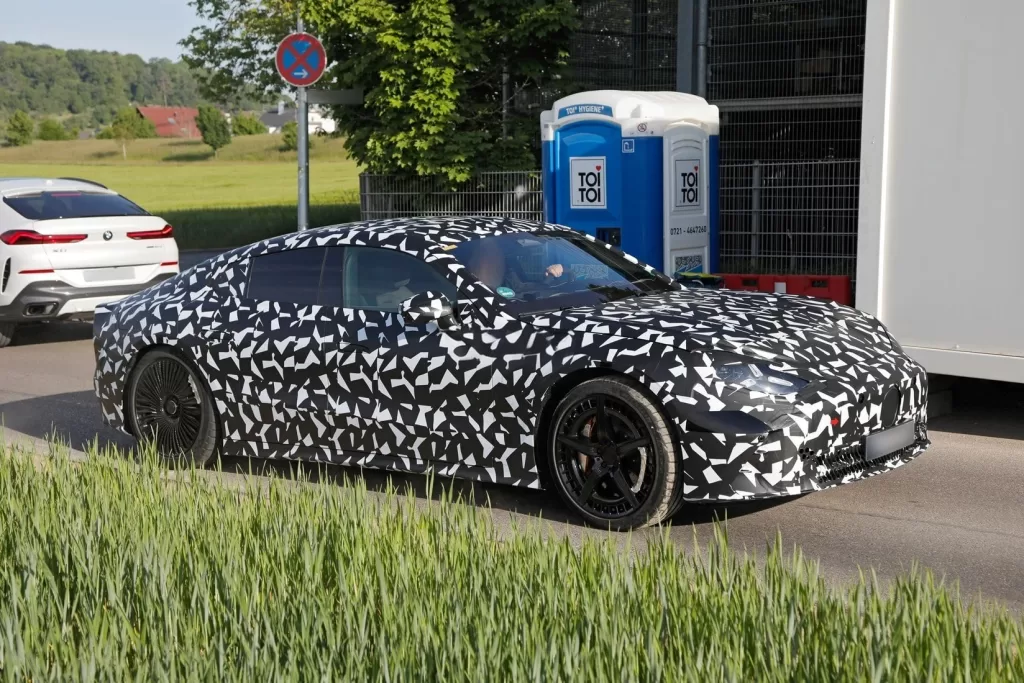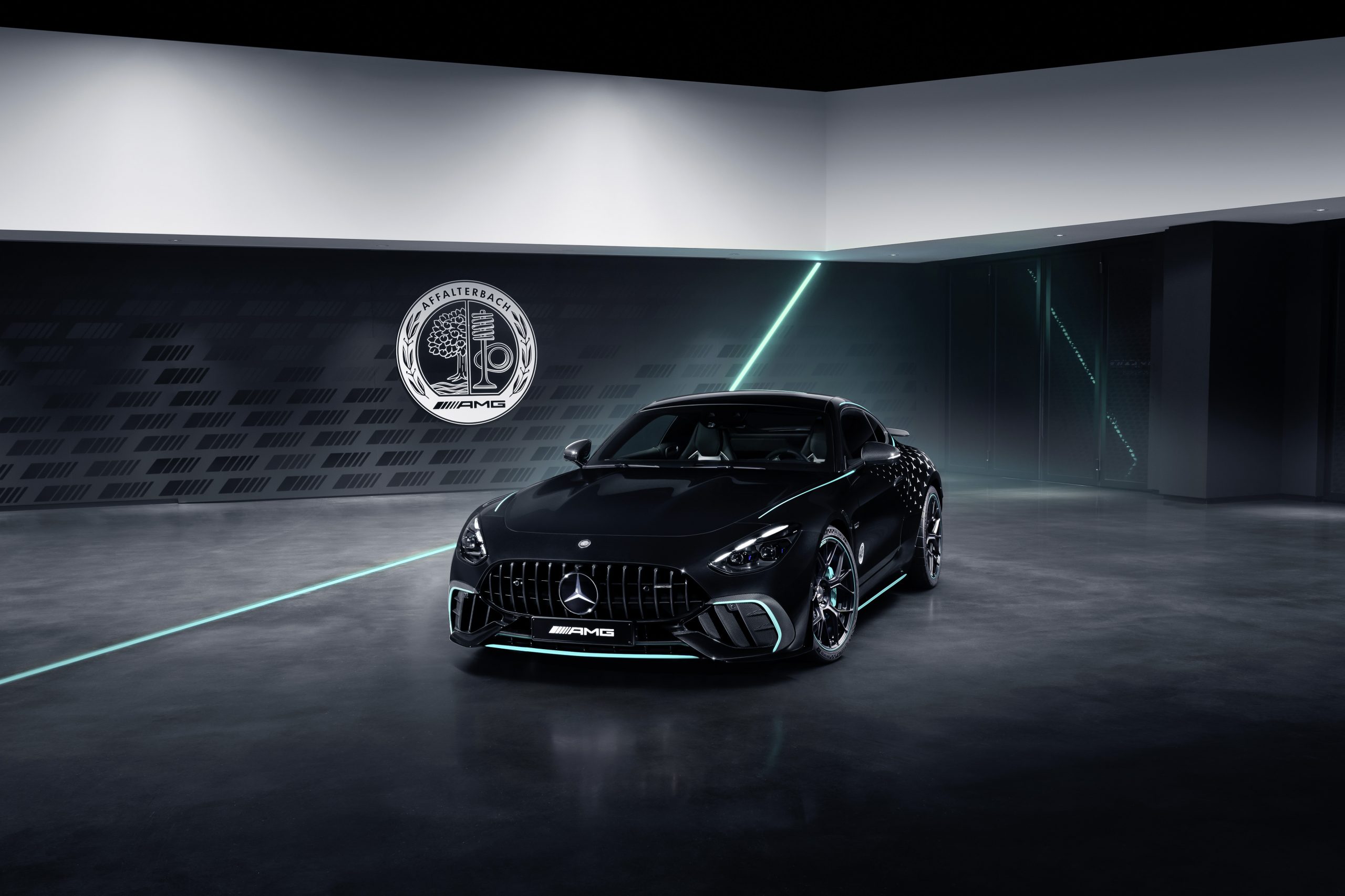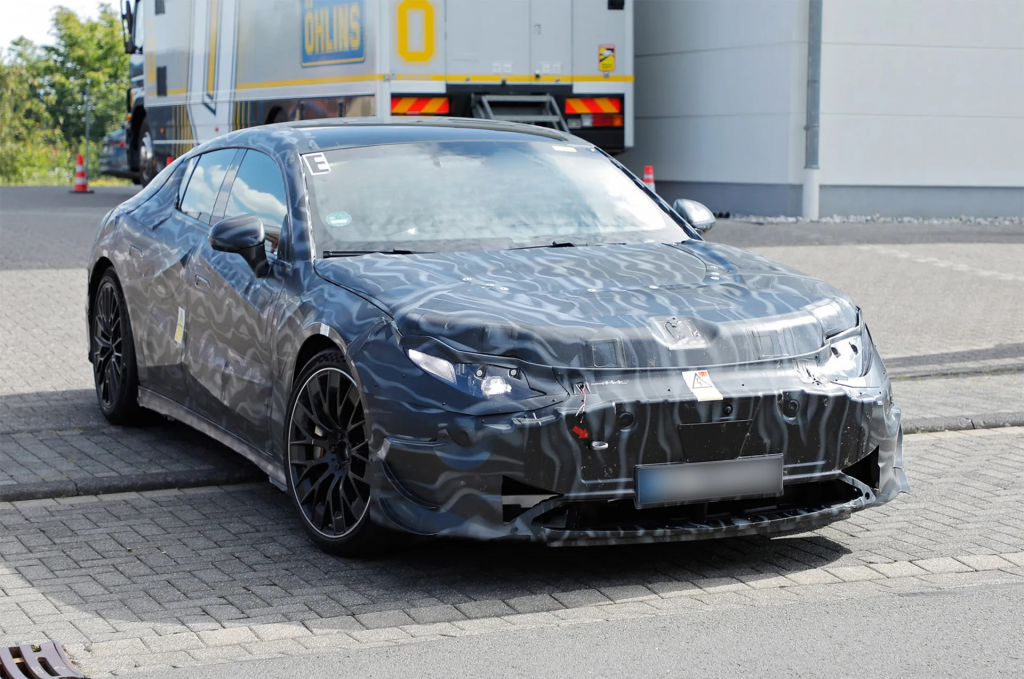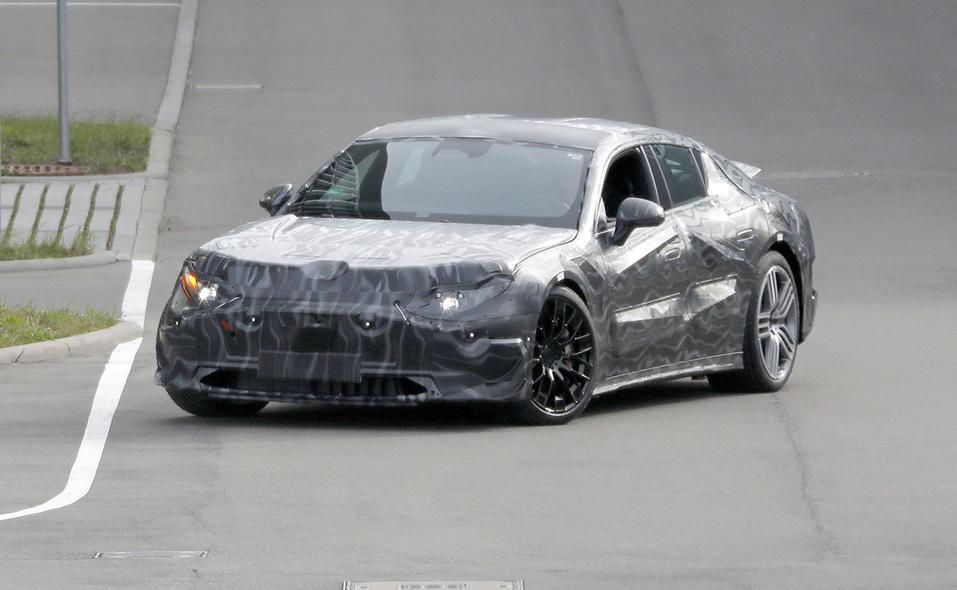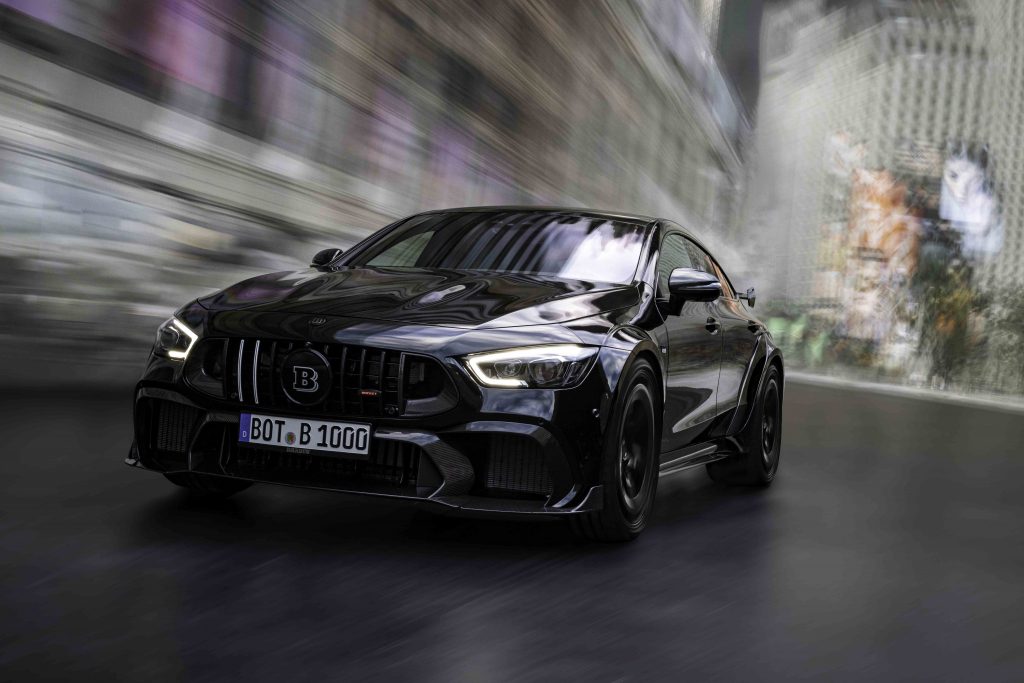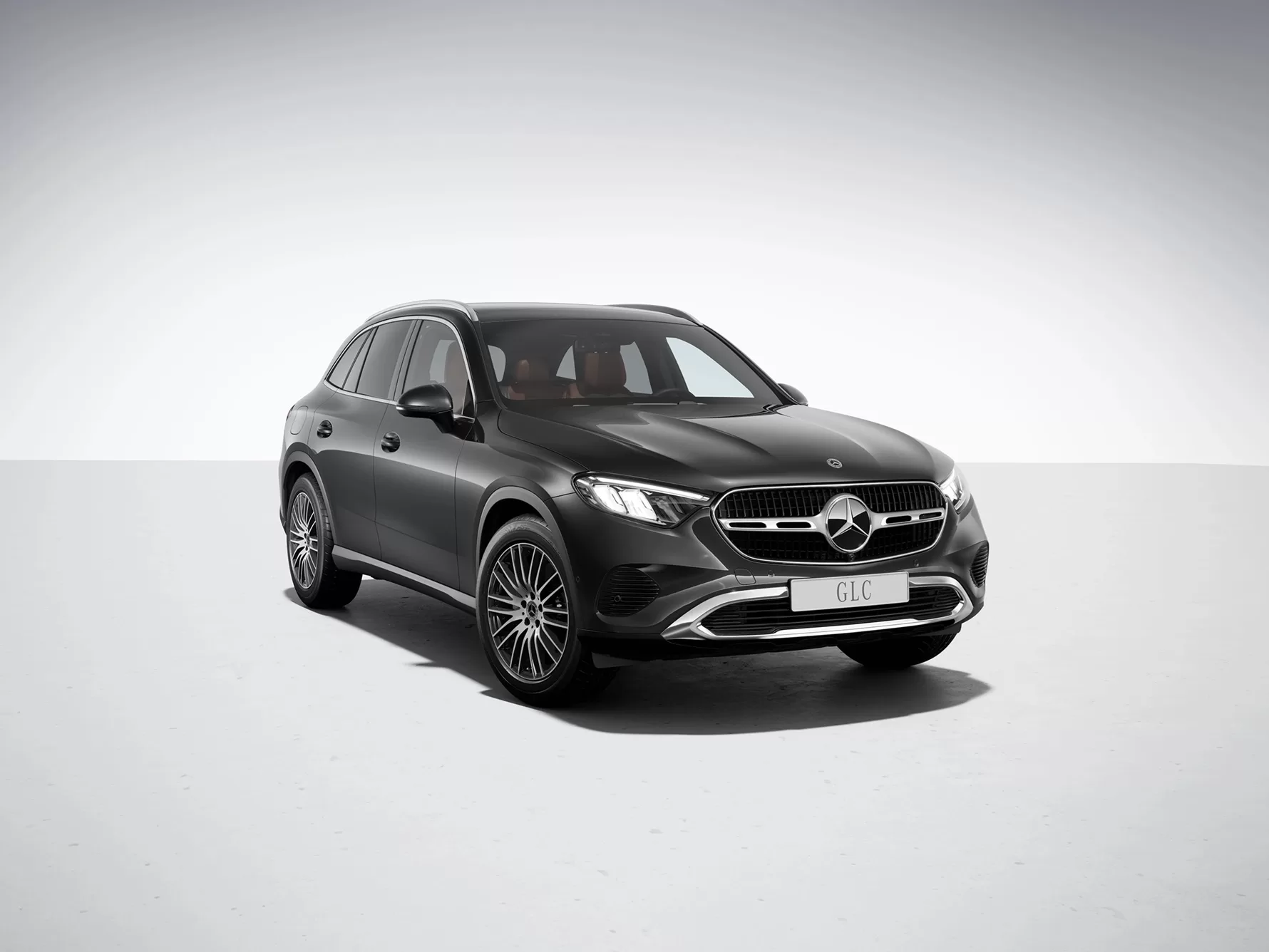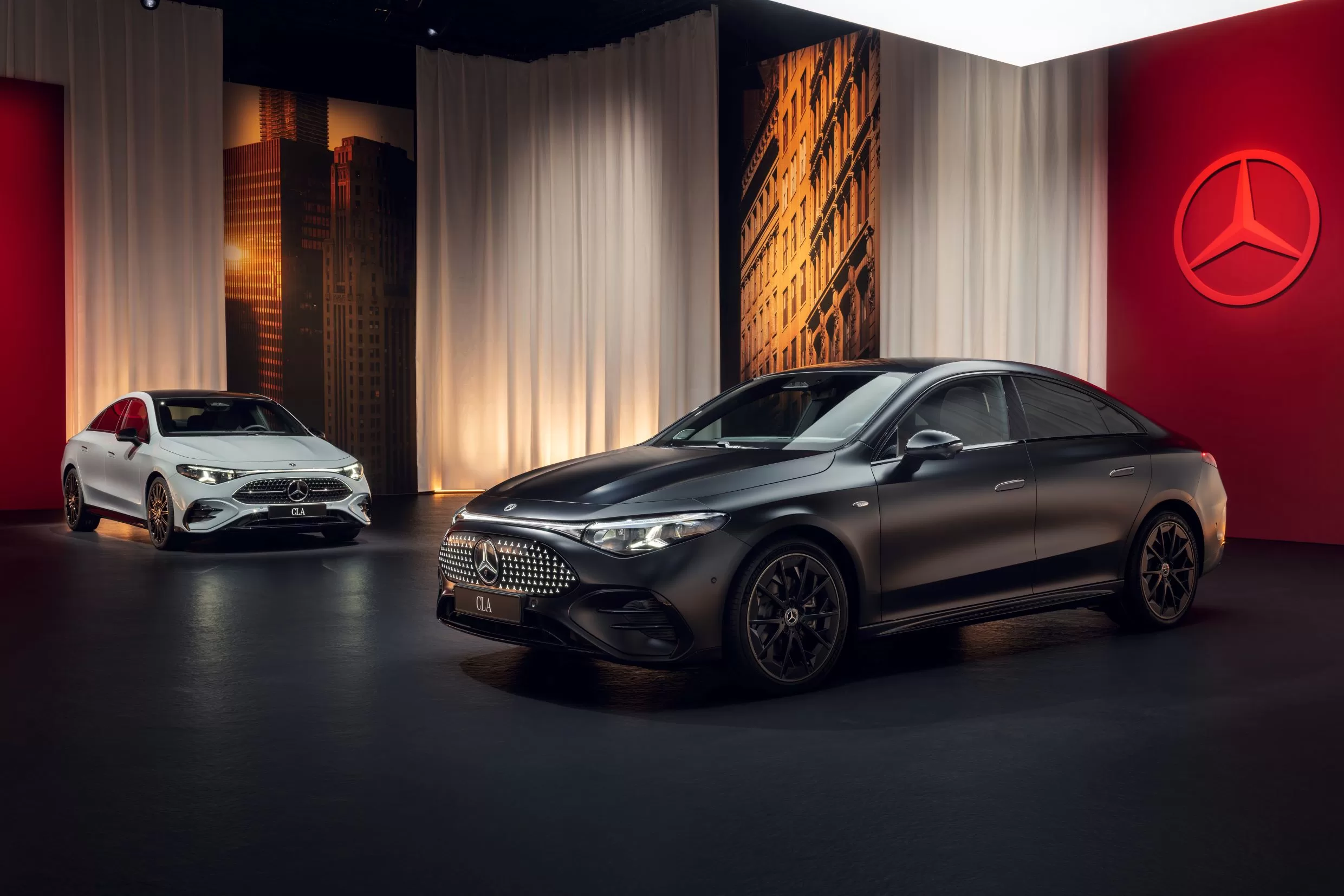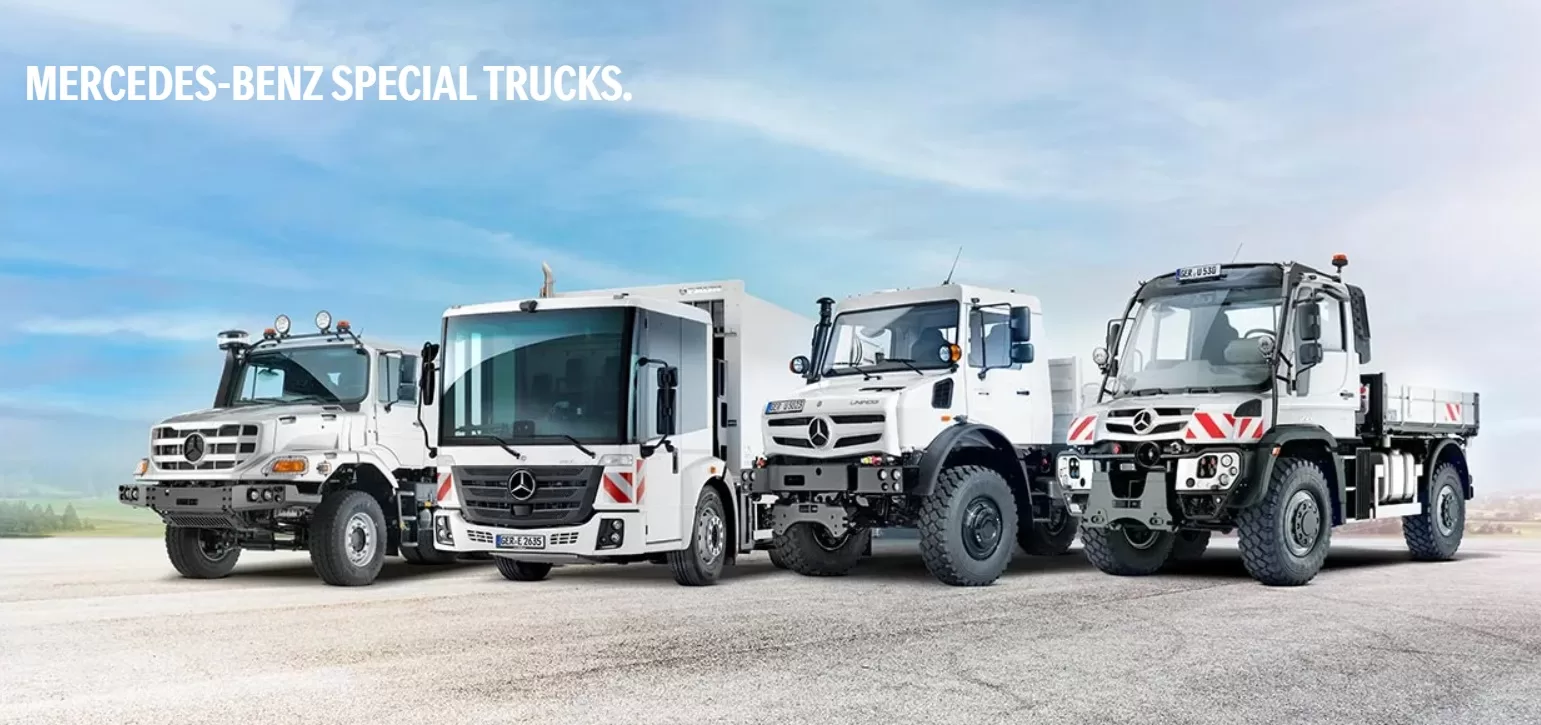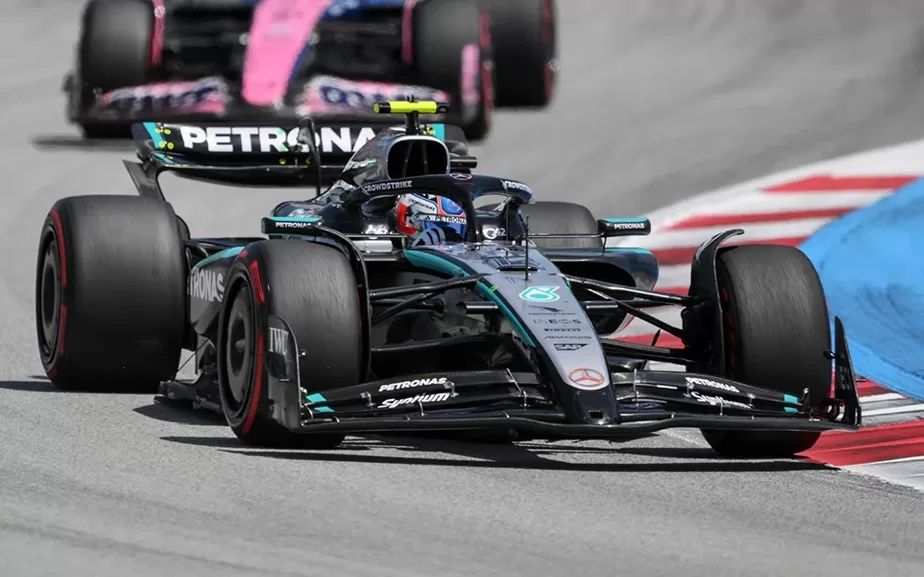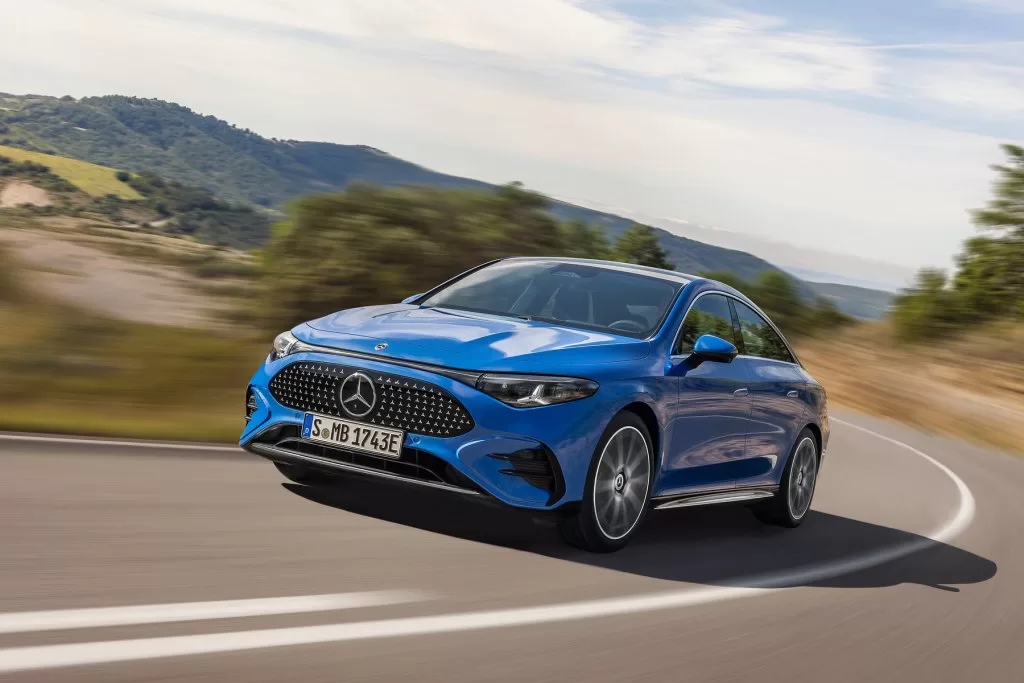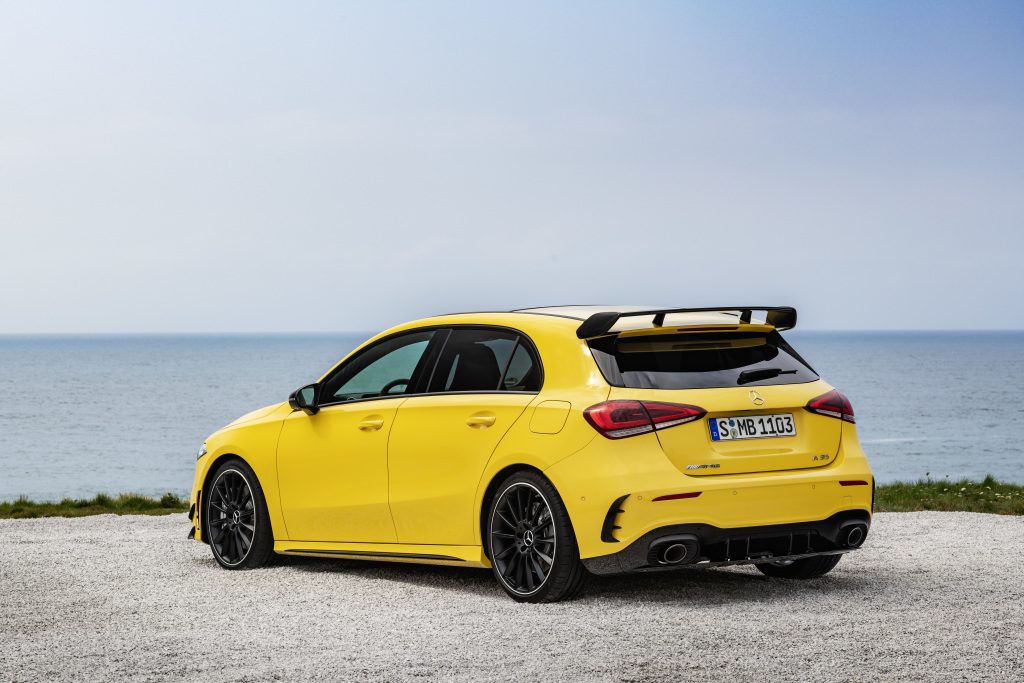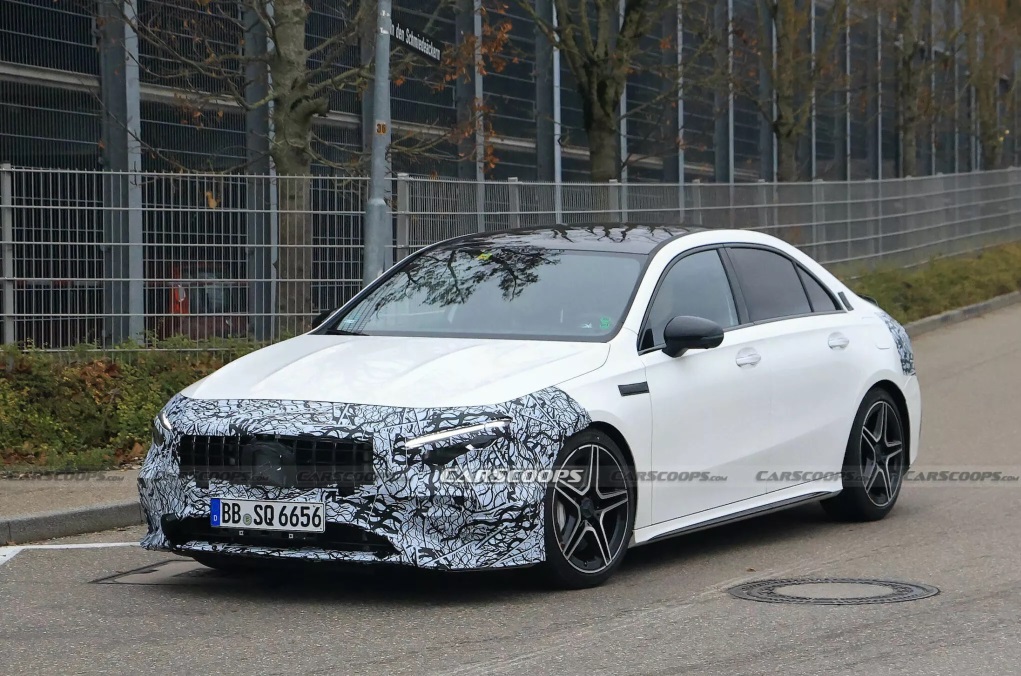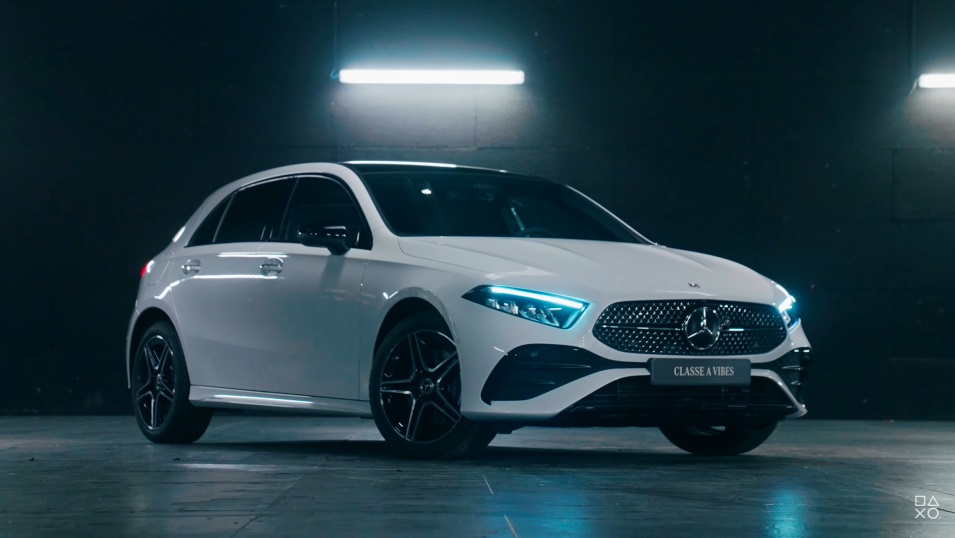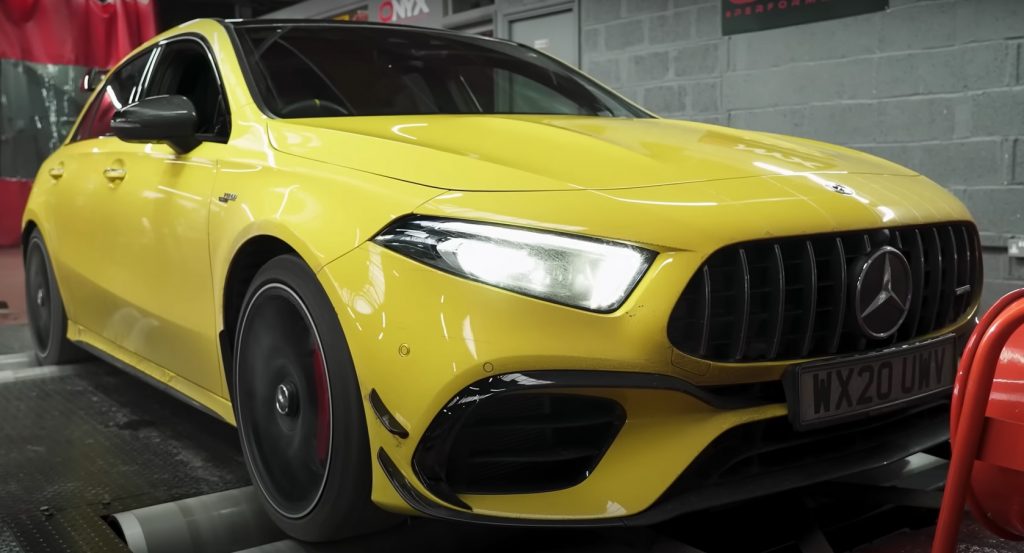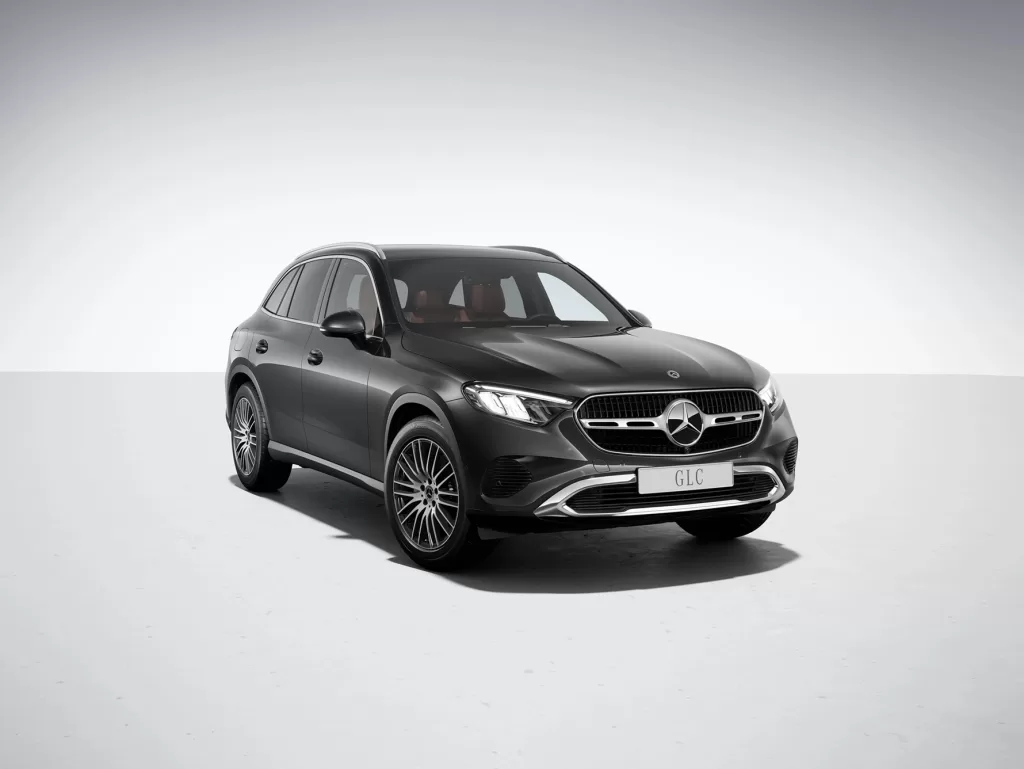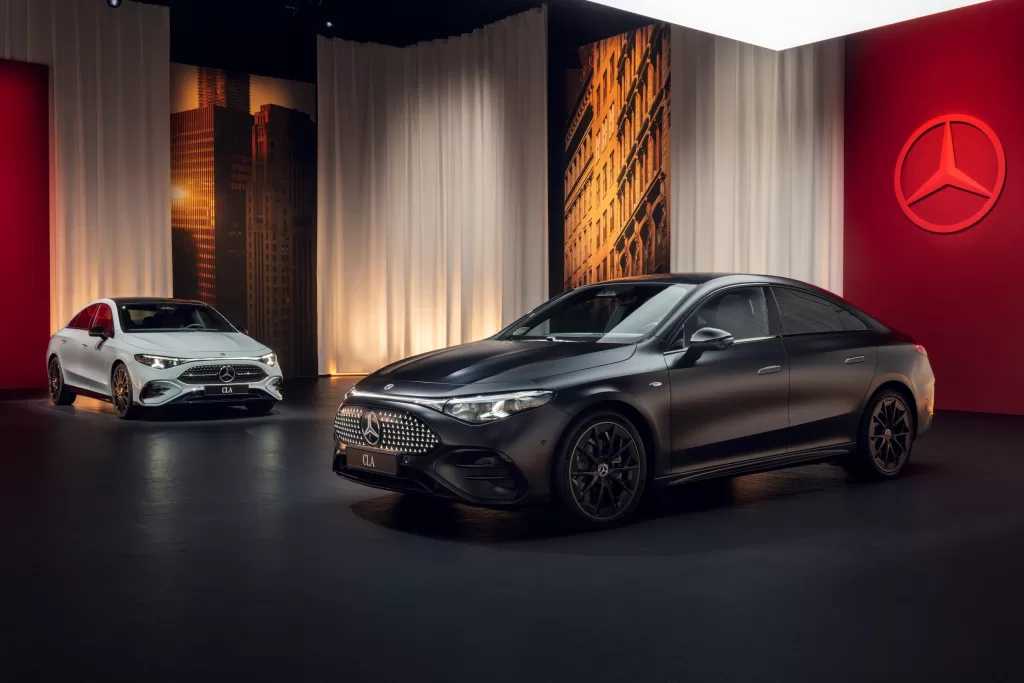Along with every other part of the modern business landscape, owner vehicle preferences are undergoing a generational change. That’s because, after decades of bargain hunting and a misguided quest for the lowest prices, business owners are finally discovering that company cars are a long-term investment. That’s particularly true for high-quality makes like Mercedes-Benz (MB), an automaker that has worked hard to win over corporate, fleet, and small business clients in dozens of emerging global markets.
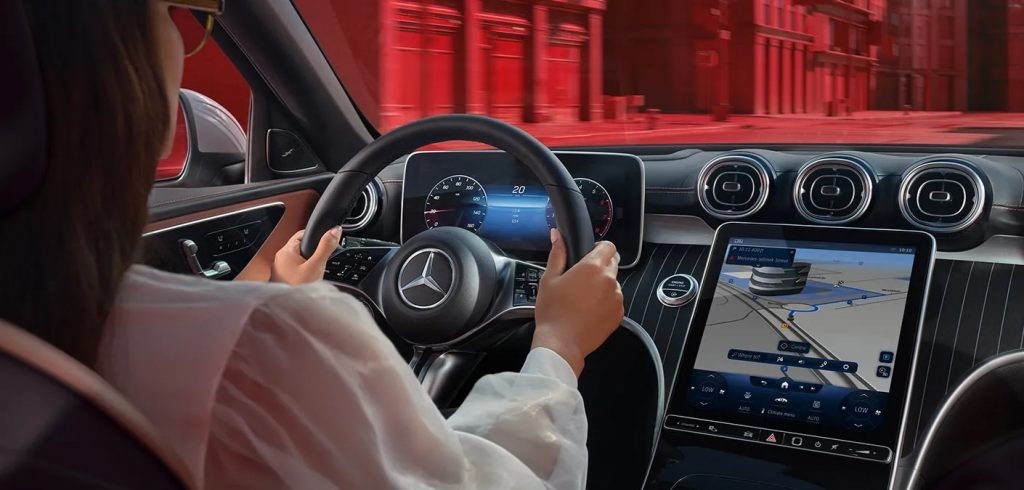
But it’s also true for the US marketplace, where today’s increasingly independent ownership teams aim for value when they purchase assets like computers, vehicles, office space, and manufacturing equipment. Longevity means a lot in an economy where instability and inflation are part of the landscape. During the past two decades, decision-makers in organizations of all sizes and industries have started to acquire MB cars, vans, and light trucks for reasons that have a lot to do with common sense and even more to do with intelligent investing. Consider the factors that play into a commercial buyer’s decision to acquire Mercedes-Benz automobiles.
Advanced Technology
Since the company’s early days, the engineers have prided themselves on offering the latest in vehicular technology. Decades ago, that meant features like fuel-injected motors, electric windows, and rear windshield heating units. Today, the menu of tech-related options is extensive, including revolutionary AI technology, but MB still leads the industry in offering buyers affordable, reliable, and user-friendly technology that can make a difference. It’s helpful to know that the company views sophisticated technology as something that can deliver benefits in several areas, including driver safety, vehicle performance, passenger comfort, and overall engine reliability. The latest airbag systems offer far more protection for drivers and passengers than they did just a few years ago.
Safety For Business Fleets
Mercedes-Benz has been at the forefront of vehicle safety for decades, which is one of the top-selling points for the nameplate. Not only do individuals gain by owning safe vehicles, but commercial organizations can prevent accidents, keep drivers safe, and minimize adverse legal action by operating and owning extremely safe cars, trucks, vans, and SUVs. Fleet managers should learn to read the identification number on all their MB vehicles. Knowing how to read the VIN (vehicle ID number) is an easy way to acquire essential information, like where it was manufactured.
Fleet supervisors can use VINs to gather important data about safety recalls, factory warranties, and owner registrations. That kind of information comes in handy for companies that purchase previously owned cars, trucks, and vans. On every MB, the VIN is in one of four places. You’ll find it on the steering column, under the driver-side windshield, on the engine block, or in the driver-side door jam. Learn to decode every digit of your vehicle’s VINs.
Durability & Longevity
While durability is closely related to resale value, the two characteristics are quite different. From a commercial owner’s perspective, durable assets cost less in the long run because they deliver more months of service. The entire line of MB automobiles features products that are not only strong but that remain that way for many years. Retail customers have responded by becoming repeat buyers. In categories like weight, strength of components, high-grade materials, and design, the company’s vehicles achieve solid marks all around.
Resale Value
Mercedes-Benz owners understand the significance of long-term resale value quite well. That’s because the brand has been one of the market leaders in terms of 10-year and 5-year resale value for decades. For loyalists to the nameplate, acquiring an MB vehicle is more an investment than anything else. That’s because owners who take good care of the automobiles by performing scheduled maintenance can expect to recoup their entire purchase price, or an amount very close to it, even after a decade or more of ownership. Significantly, large numbers of MB owners trade in their older cars on new Mercedes-Benz models and reap the benefit of owning an asset that has barely depreciated in value during the time they owned and drove it.
Performance
Performance in a business sense relates to a commercial vehicle’s ability to get the job done. For sales professionals, consultants, lawyers, and others who rely on company-supplied automobiles that perform exceptionally well, MB is a brand that gets plenty of attention. In real estate, agents who drive Mercedes-Benz cars tend to be high producers.

